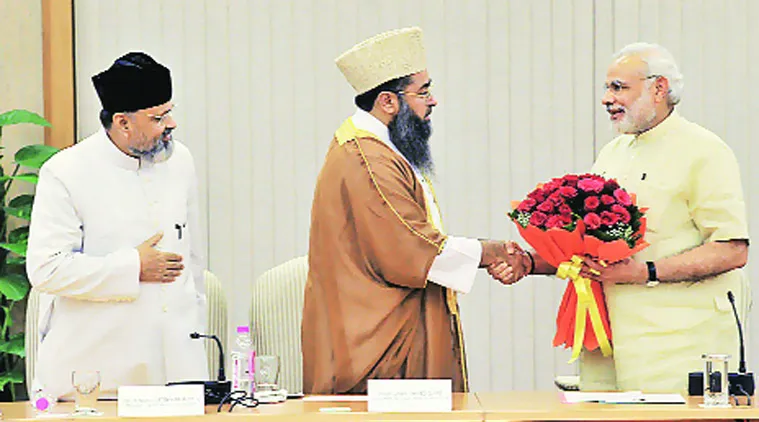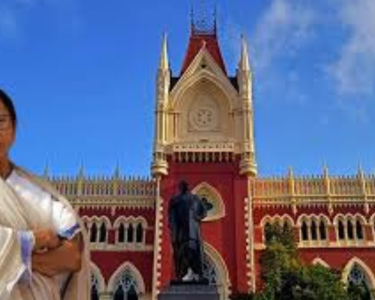As India approaches the conclusion of its general elections on June 1, concerns for the Muslim community are rising, particularly in light of Prime Minister Narendra Modi’s rhetoric. A recent incident highlights the challenges faced by Muslim women in India; a journalist’s image was auctioned online on a platform named Bulli Bai, a derogatory term for Muslim women. This attack is emblematic of the broader hostility toward outspoken Muslim voices critical of the ruling Bharatiya Janata Party (BJP).
Anti-Muslim Sentiment in Political Rhetoric
During this election cycle, Modi has increasingly targeted Muslim voters with anti-Muslim sentiment. In a campaign rally in Rajasthan on April 21, he referred to India’s 200 million Muslims as “infiltrators,” accusing the opposition Congress party of planning to allocate national resources to them. This rhetoric misrepresents a 2006 statement by former Prime Minister Manmohan Singh, who advocated for prioritizing minority upliftment, particularly for Muslims, to address their socio-economic challenges.
The Revival of Conspiracies
Modi’s campaign has also revived conspiracies surrounding “Love Jihad,” insinuating that Muslim men have ulterior motives to seduce and convert Hindu women. This narrative re-emerged prominently during a rally in Jharkhand on May 28, where Modi claimed that “unseen enemies” aimed to sow division in society. His comments about the Muslim population growth echo sentiments from the 2002 Gujarat riots, during which his administration was criticized for its handling of the aftermath.
Shift in Campaign Strategy
As the election nears its end, Modi’s speeches have shifted from development issues to overtly anti-Muslim rhetoric, reflecting a strategic pivot toward Hindu-Muslim politics. Recent controversies have emerged from BJP campaign materials, including a video suggesting that Congress would redistribute resources from non-Muslims to Muslims, which was reported for hate speech but gained significant traction before its removal.
The Role of Other BJP Leaders
In tandem with Modi, other BJP leaders have echoed similar sentiments. Home Affairs Minister Amit Shah has controversially linked voting for Congress to “jihad” in Telangana, further stoking communal tensions.
The Rise of Hate Speech
Reports from the India Hate Lab, a Washington D.C.-based organization, reveal a sharp increase in documented hate speech incidents against Muslims, totaling 668 cases in 2023 alone. These incidents are predominantly concentrated in BJP-ruled regions during crucial election periods, indicating a coordinated effort to amplify divisive narratives.
The Impact of Political Rhetoric
This political environment fosters intolerance and dehumanizes minorities, laying the groundwork for potential violence against them. Modi’s inflammatory statements have drawn widespread criticism from opposition parties, intellectuals, and the Muslim community, yet the Election Commission has failed to respond adequately.
The Bigger Picture
The BJP’s strategies often leverage communal sentiments to galvanize its voter base, and a substantial victory in the elections could solidify Hindu majoritarianism, further marginalizing minorities. Muslims have already faced increased discrimination under Modi’s leadership, including difficulties in securing housing, the erasure of Muslim identity in public spaces, and underrepresentation in government jobs.
Conclusion: A Dangerous Future Ahead
India, once celebrated for its cultural fusion, now finds itself at the center of divisive politics. The repercussions of Modi’s rhetoric extend beyond mere words; they pose real threats to the safety and security of the Muslim population. Should the BJP secure a significant majority, it could lead to heightened challenges and hostility for Muslims in the country.






